This week in history saw many new beginnings such as the birth of Florence Nightingale, the establishment of the Royal Air Force and the opening of the Royal Opera House.
12 May
On this day in 1820 Florence Nightingale was born. She is the most famous British nurse, known for her efforts in the Crimean War from 1853 to 1856. Her memorial stands in St Paul’s crypt in London.
George VI and his wife Queen Elizabeth Bowes-Lyon – who is now more commonly known now as the Queen Mother – were crowned as the King and Queen of the United Kingdom on this day in 1937.
13 May
It was on the 13 May in 1912 that the Royal Flying Corps (now the Royal Air Force) was established in Britain. The corps consisted of a military wing, a naval wing and a flying school. It existed for two years before war broke out, which was the first extensive and decisive use of air power.
The new prime minister Winston Churchill gave an influential speech on this day in 1940 in the House of Commons. The speech was made famous by his phrase “I have nothing to offer but blood, toil, tears, and sweat.”
14 May
On this day in the Battle of Lewes, King Henry III of England was captured and made to sign the Mise of Lewes, which made Simon de Montfort, the 6th Earl of Leicester, the de facto ruler of England.
15 May
It was on this day in 1800 that King George III survived an assassination attempt by James Hadfield at the Theatre Royal on Drury Lane. Hadfield had fought in the war and had suffered from several head injuries – he believed he was in fact King George III and because of this he was later acquitted by reason of insanity.
The present theatre in London’s Covent Garden that houses the Royal Opera was opened on this day in 1858. It was used as a dance hall throughout the Second World War and became home to both the Royal Ballet and the Royal Opera after the war.
16 May
Sir Thomas More resigned as Lord Chancellor of England on 16 May 1532 after King Henry VIII declared himself as the head of the Church of England. He continued to argue against this change, and the king’s divorce but this resulted in his arrest and execution on the grounds of treason later in 1535.
Mary, Queen of Scots, escaped from Lochleven Castle where she was imprisoned and fled to England to seek refuge from her cousin, Queen Elizabeth I, on this day in 1568.
17 May
Herbert Henry Asquith’s last British Liberal Party government fell on this day in 1915 over a munitions crisis.
18 May
King Henry II of England married Eleanor of Aquitaine on the 18 May in 1152. She was known as the greatest heiress in western Europe and held great influence over her husband and his empire. Their marriage deeply affected the English association with wine as it was Eleanor of Aquitaine who opened up the Bordeaux wine market to England.
|
|||||||||||||||||

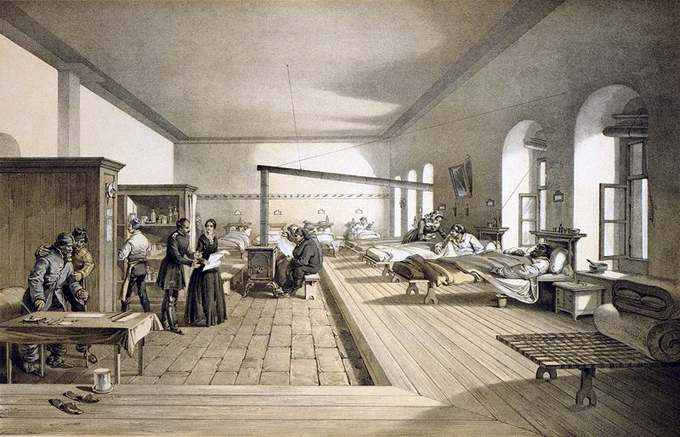

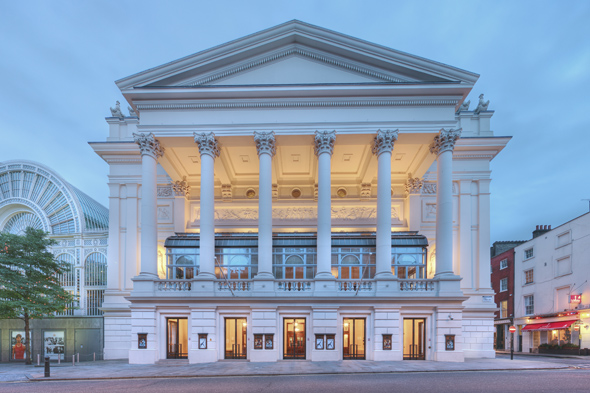
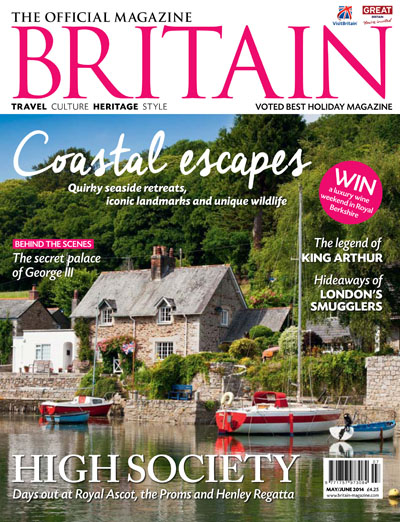


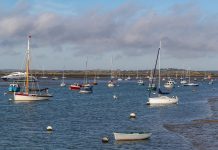
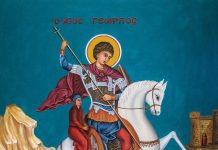
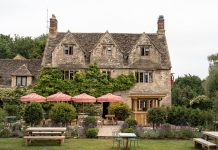

 © 2024
© 2024